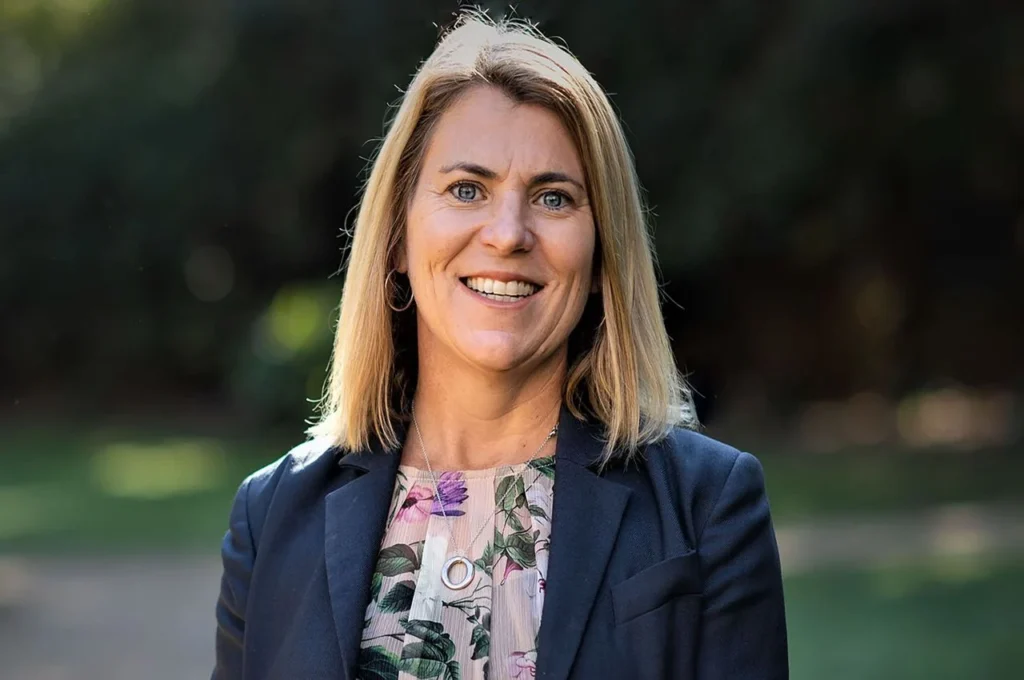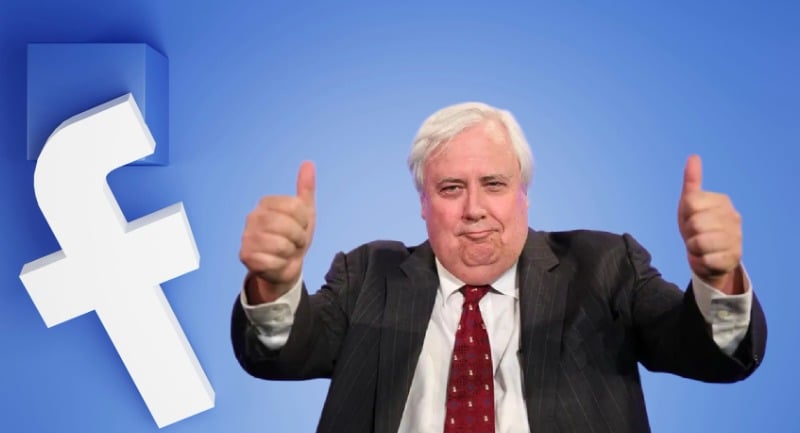Amid a dramatic rise in misinformation, Australian news organisations are increasingly reliant on social media platforms to distribute stories. Facebook remains the most significant channel despite rising competition from other apps, according to a new report by La Trobe University.
The study, Facebook and the News Media: How Australians Engage with News and Misinformation Online, analysed more than three million posts from 25 news publishers over 15 years using exclusive access to Meta’s Content Library. It found a major “bump” in 2016 when publishers sharply increased their Facebook output, signalling a shift in how Australians consume news online.
Professor Andrea Carson, Associate Dean of Research, Industry and Engagement at La Trobe and lead author of the study, told Mediaweek that the change reflected both incentives by Facebook and necessity for news organisations in meeting the audience where they were moving. “It may have been because of Meta’s policies at the time on Facebook, as it was known then, really leaning into the journalism space and providing incentives for news organisations to put their stories online,” she said.
“But that’s held, even though there’s not the same incentives there and there doesn’t seem to be the same level of engagement coming from Facebook as there was in the past with news organisations. They’re still very much reliant on the platform in order to extend their audience reach.”

Professor Andrea Carson
Misinformation thrives, especially in politics
The report found that misinformation is especially “sticky” during election campaigns, with conspiracy theories about electoral processes spreading rapidly. Public figures, particularly politicians, play a central role in amplifying misleading claims.
“The problem is that they’re incentivised, and I’m talking mainly about fringe politicians or those that don’t have large vote share” Carson said. “In order to get media attention, they’re incentivised to say outrageous things, and they do.”
“The examples that we’ve listed is Clive Palmer as a case in point where he promotes things that have been debunked and continues to do so … and that gets traction. People take cues from elites, whether they want them to or not, or whether we want them to or not, they do. So politicians have a real responsibility to not lead the charge on irresponsible information, but the other side of that coin is they also have power to be able to debunk and to amplify verification of information, and some politicians do that too and are very responsible.
“So I won’t tar them all with the same brush, only to point out that political elites play a really important role here, and it’s incumbent upon them to exercise that role responsibly.”
From politics to lifestyle
The research also revealed a shift in engagement trends. Arts and lifestyle content now outperforms political stories on Facebook, reversing the pattern from a decade ago. Carson suggested algorithmic prioritisation and news avoidance may be behind the change.
Mediaweek was a little skeptical that there was less political news being shared on social media. Carson advised that misconception may just be from being in an information bubble. But it may also say something about the Facebook audience.
“From personal experience, I know if I put up any research on Facebook, it doesn’t go down well,” Carson said with a laugh. “People don’t really want to engage with that sort of stuff. Whereas LinkedIn, or when I used to use X, you’d get a lot more engagement because you’ve got a different cohort, more beltway type people. So it could be that.
“We found looking at the information ecosystem back in 2022, [politics] only constituted about 10% of the stories that people wanted to engage with. In this instance, we’re comparing like with like, so we’ve got 2016 compared to 2024, and we’re seeing that engagement’s dropped off a bit for political stories. Now, that could be because of the black box of the algorithm.
“We don’t know what people are being fed up in their feeds, and whether soft news stories are being prioritised on the Facebook platform,” Carson said. “The other thing is it could be news avoidance, which has been well documented for the last 10 years. Maybe people are getting so much doom and gloom that when they engage, actively share stories, or like them, or pass some comment on them, the ones they’re engaging with tend to be the soft news genre.”
Protecting trust in institutions
The study warns of broader risks, with misinformation undermining trust in health and charitable organisations. It underscores the real-world consequences of misinformation and the harms it may cause especially in health and public trust in institutions and organisations such as charities. Containing this spread is critical for healthy democracies, societies and individuals”.
The report was co-authored by Dr Justin Phillips, Senior Lecturer in Political Science at the University of Waikato, and Phoebe Hayman, PhD candidate at La Trobe. It was produced with grant support from Meta Australia and with assistance from the Inter-university Consortium for Political and Social Research (ICPSR) at the University of Michigan.
